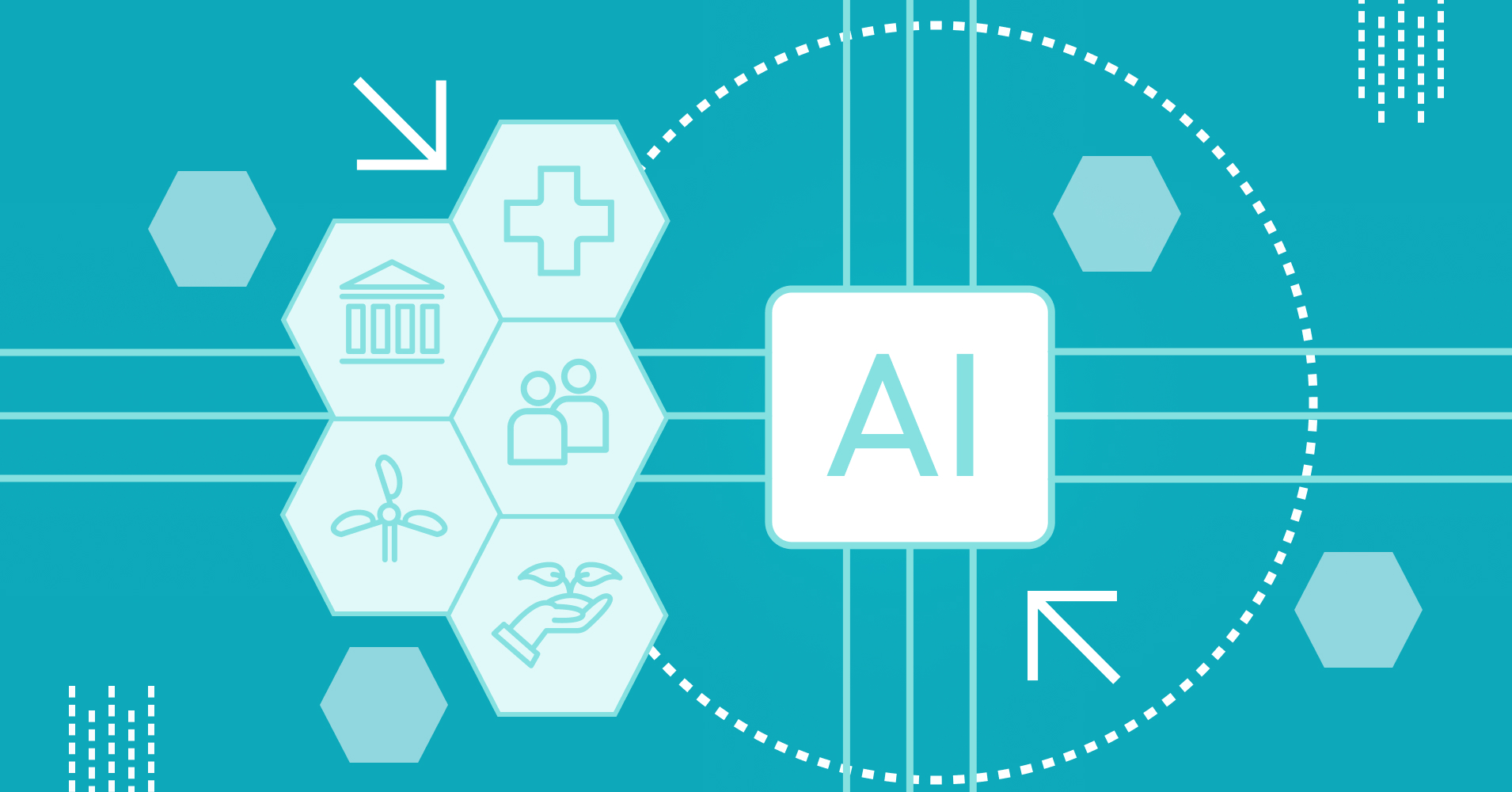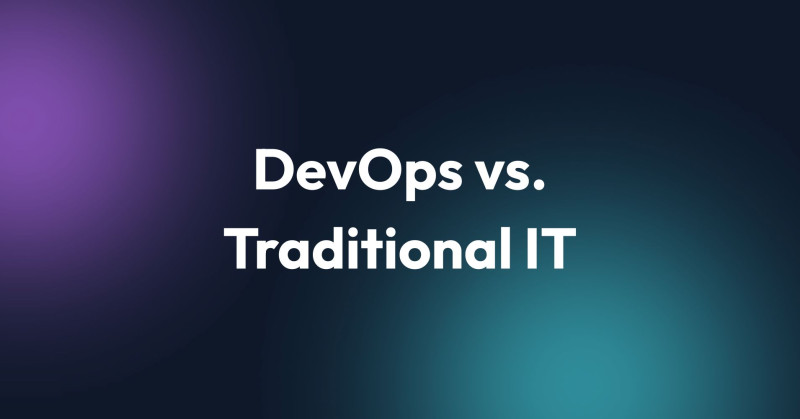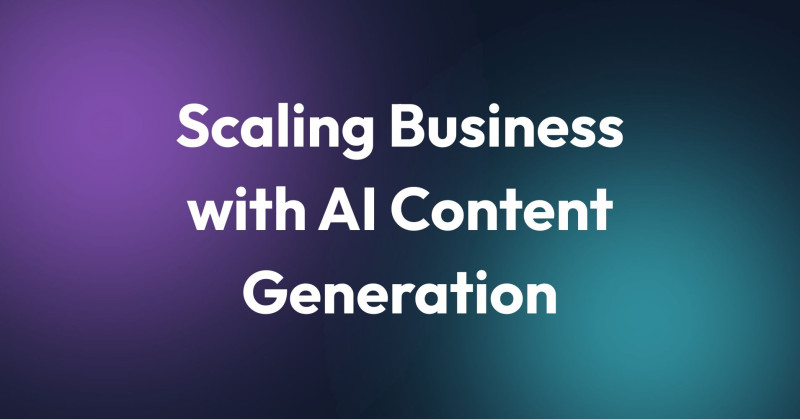As Artificial Intelligence reshapes industries worldwide, the ethics of artificial intelligence has become a critical focus. The responsible use of AI not only unlocks its transformative potential but also ensures trust and minimizes risks. By adhering to ethical standards in AI development, organizations can address ethical concerns while delivering impactful and sustainable solutions. This article explores examples of AI projects that demonstrate how businesses are using AI tools, AI algorithms, and AI technologies responsibly.

Key Principles of Ethical AI
Implementing AI ethically requires adhering to fundamental principles that safeguard fairness, transparency, accountability, and privacy. Here's a quick overview of the best practices for ethical AI implementation:
Fairness and Bias Mitigation: Ensuring AI systems do not reinforce or perpetuate biases.
Transparency and Explainability: Designing AI systems that are understandable to users and stakeholders.
Accountability and Governance: Establishing frameworks to monitor and audit AI systems responsibly.
Privacy and Security: Protecting sensitive data while maintaining user trust.
The case studies below demonstrate how businesses can put these principles into action.
Examples of Ethical AI
The use of AI is expanding rapidly across industries, bringing innovative solutions to complex problems. However, as AI applications grow, so do the ethical challenges and ethical considerations surrounding AI development. Addressing ethical implications of AI is critical to ensuring that AI systems respect transparency, fairness, and accountability throughout the AI lifecycle. From healthcare to finance and environmental science, the following examples of ethical AI showcase how organizations are deploying AI systems responsibly, balancing innovation with trustworthy AI practices to create impactful outcomes.
Revolutionizing Healthcare with AI
AI-powered medical diagnostics are moving beyond simple image analysis of X-rays and MRIs. Today, AI is being applied to pathology, analyzing digital slides for cancer detection; genomics, identifying genetic predispositions; and predictive analytics, forecasting patient risks based on electronic health records. However, this progress hinges on robust ethical frameworks. Stringent data privacy and security measures, such as HIPAA and GDPR compliance, are paramount. Furthermore, mitigating bias in training data is crucial to avoid disparities in care.
The development of Explainable AI (XAI) is also vital, fostering transparency and trust by revealing how AI models arrive at diagnoses. Finally, rigorous clinical validation and human oversight remain essential to ensure patient safety. In drug discovery, AI accelerates the process by identifying drug targets, virtually screening molecules, repurposing existing drugs, and optimizing clinical trials. Ethical considerations here include ensuring transparency and reproducibility of research, addressing intellectual property concerns, and ensuring equitable access to AI-developed treatments.
Transforming Finance and Commerce
In the financial sector, AI is deployed for fraud detection, extending beyond transaction monitoring to encompass identity theft detection, insurance fraud prevention, and cybersecurity. Minimizing false positives and ensuring fairness across demographics are crucial ethical considerations, alongside robust privacy and data security measures. Algorithmic trading, while enabling unprecedented market speeds, presents unique ethical challenges. Preventing market manipulation, mitigating systemic risk, and ensuring transparency and accountability are essential for maintaining market integrity.
The Future of Transportation and the Environment
Autonomous vehicles hold the promise of safer and more accessible transportation. However, ensuring safety and reliability through rigorous testing is paramount. Complex ethical dilemmas, such as the “Trolley Problem,” require careful consideration, along with establishing clear liability frameworks and mitigating potential biases in AI decision-making. AI is also playing a crucial role in addressing climate change. AI-powered climate models are improving predictions, analyzing vast datasets, and informing mitigation strategies. Maintaining data integrity, ensuring transparency and reproducibility of models, and promoting equitable access to climate insights are key ethical considerations. Furthermore, AI is empowering conservation efforts by monitoring wildlife populations, combating poaching, and optimizing habitat management. Ethical data collection practices that respect biodiversity and engagement with local communities are crucial for sustainable conservation strategies.
A Shared Responsibility
As AI continues to evolve, addressing these ethical considerations is not merely a technical challenge but a shared societal responsibility. By prioritizing transparency, fairness, accountability, and data privacy, we can harness the transformative power of AI while mitigating its potential risks, ensuring a future where AI benefits all of humanity.
Ethical AI Development is a Key to Better Future
Ethical AI is not just a responsibility—it’s a competitive advantage. Companies that integrate ethical principles into their AI initiatives are better equipped to build trust, foster innovation, and achieve long-term impact.
By learning from the successes of these projects, businesses across industries can implement AI solutions that are not only effective but also aligned with societal values. As these examples illustrate, responsible AI has the power to drive progress while safeguarding the interests of people, communities, and the planet.
Are you ready to implement ethical AI in your organization? Let’s work together to create solutions that make a difference. Share your thoughts or examples of ethical AI projects in the comments below!





















